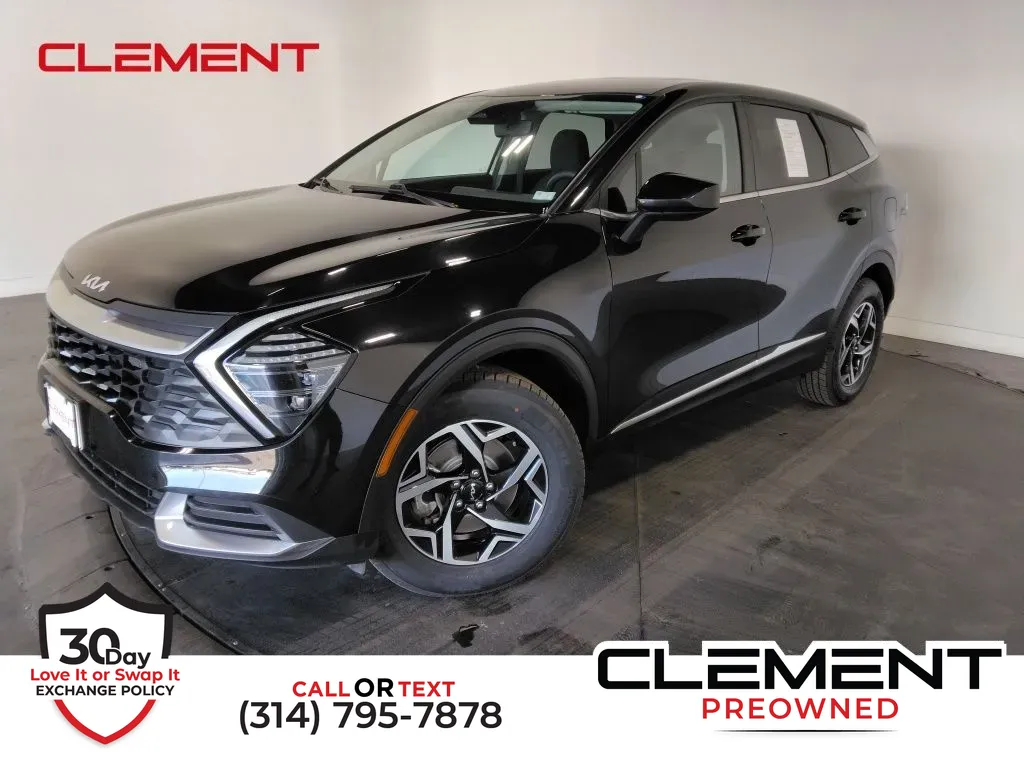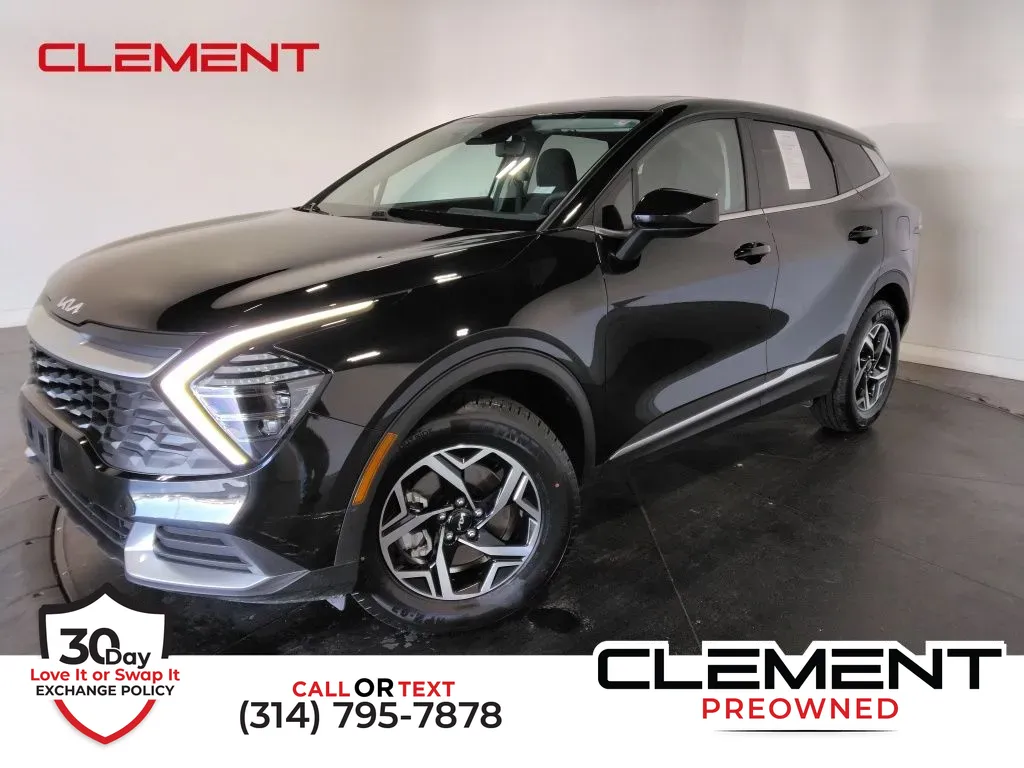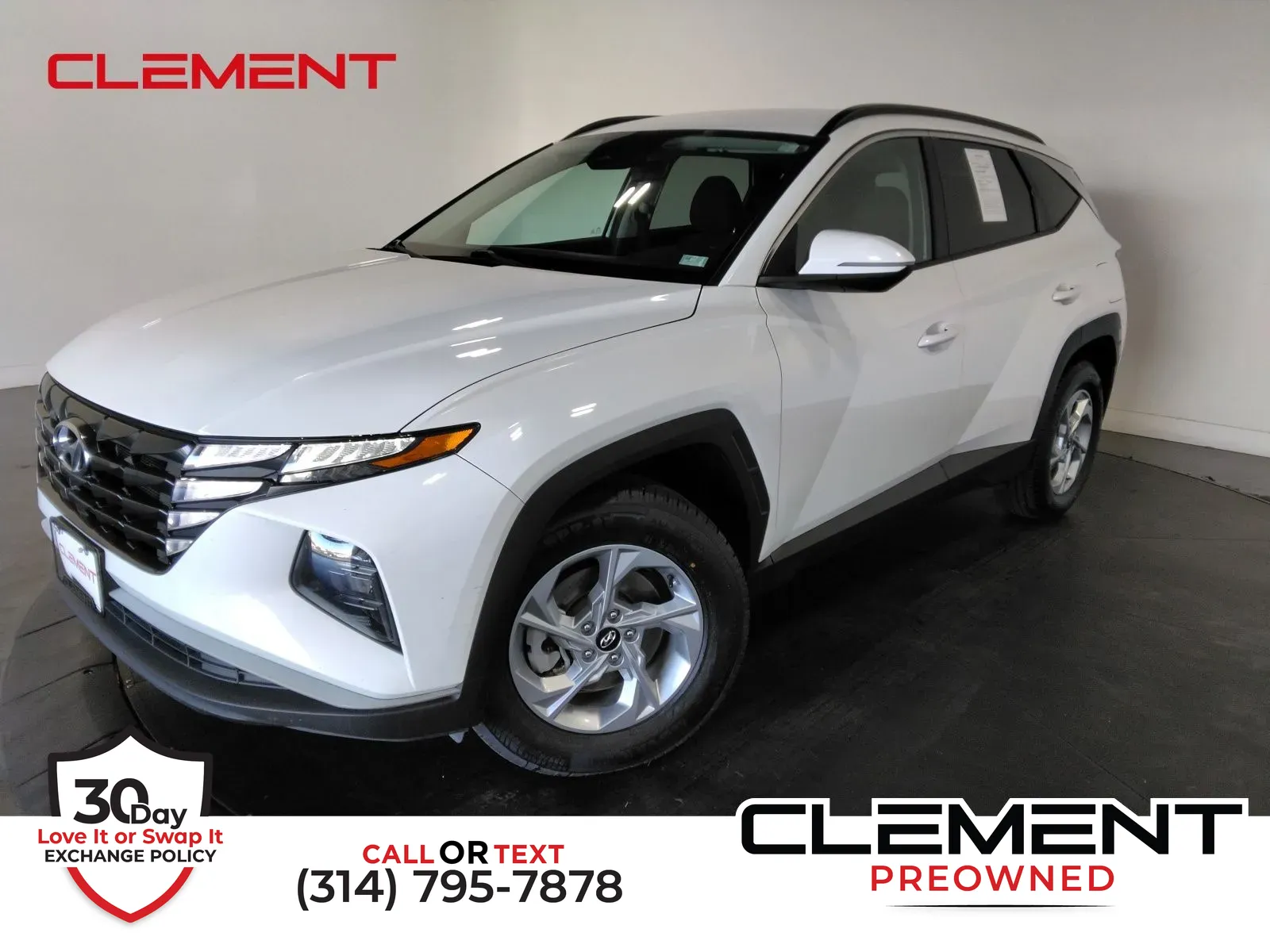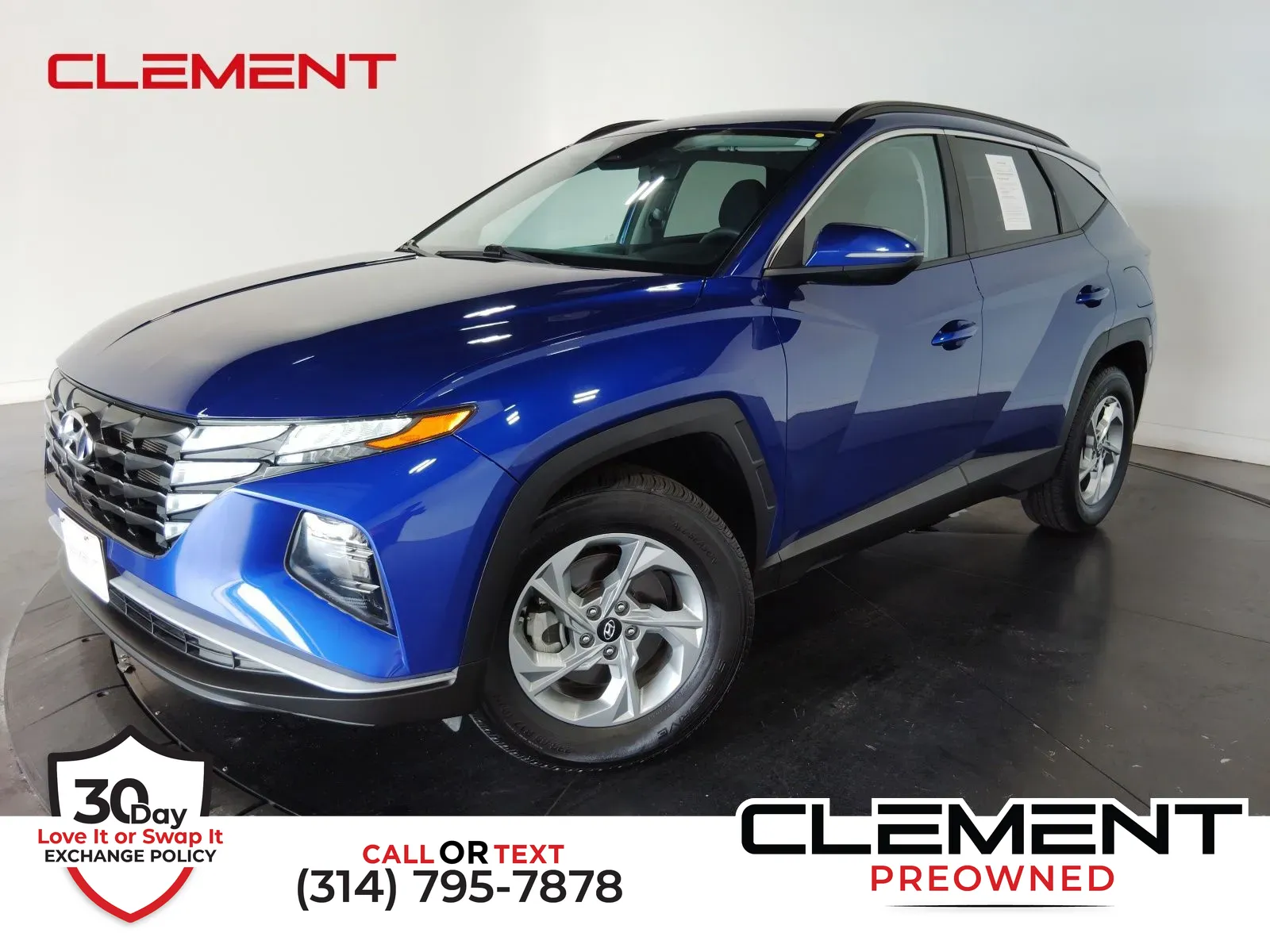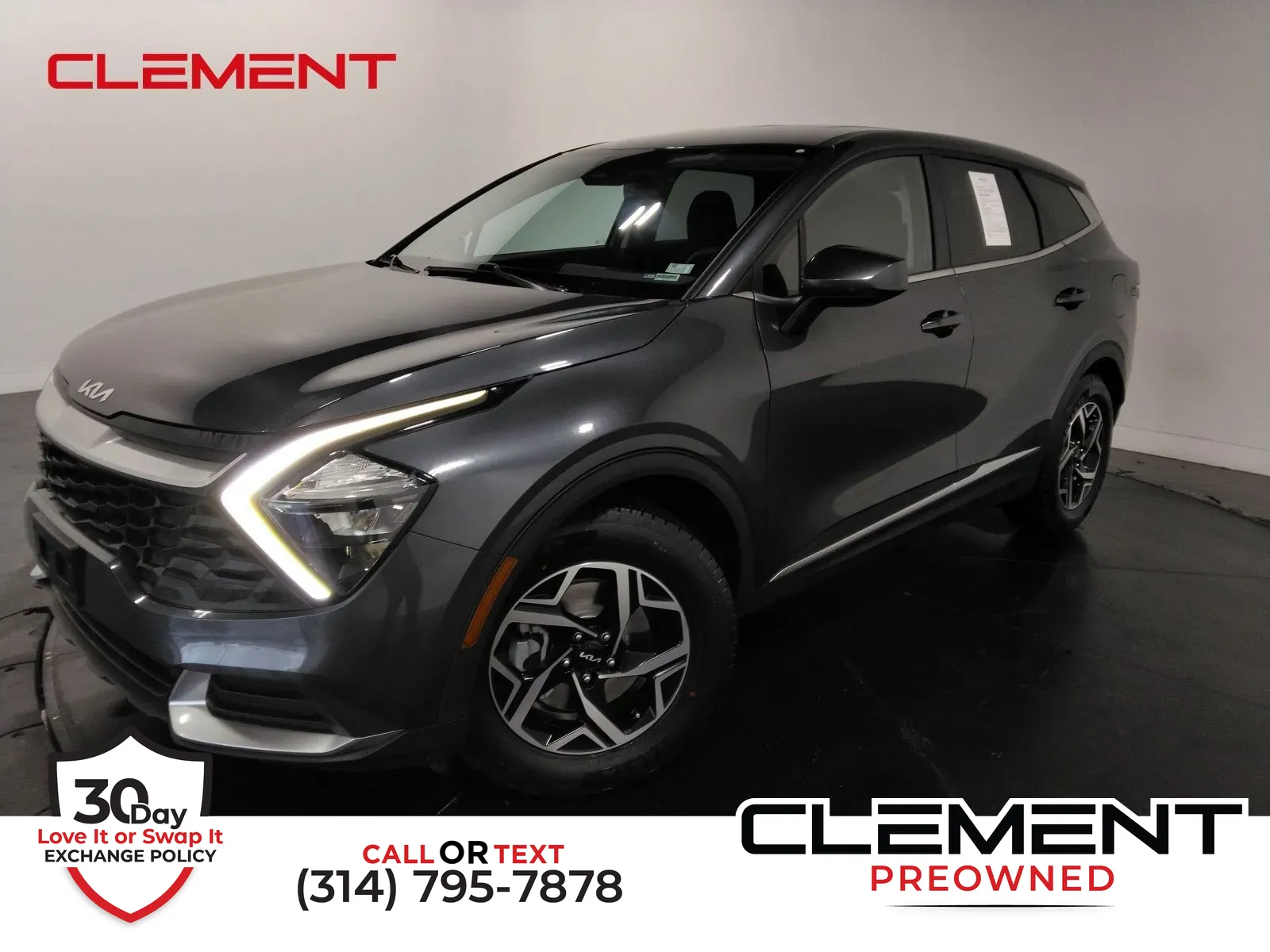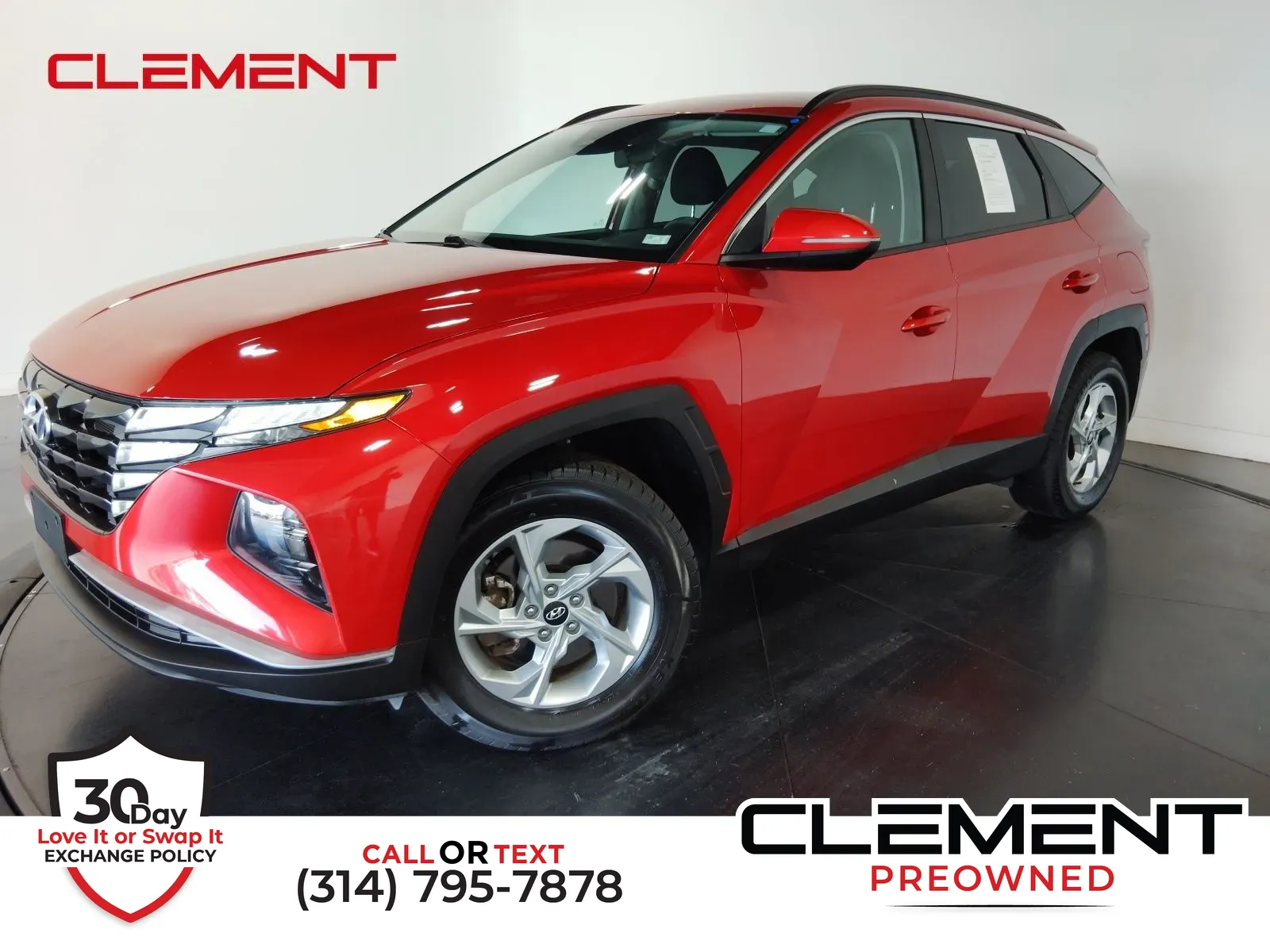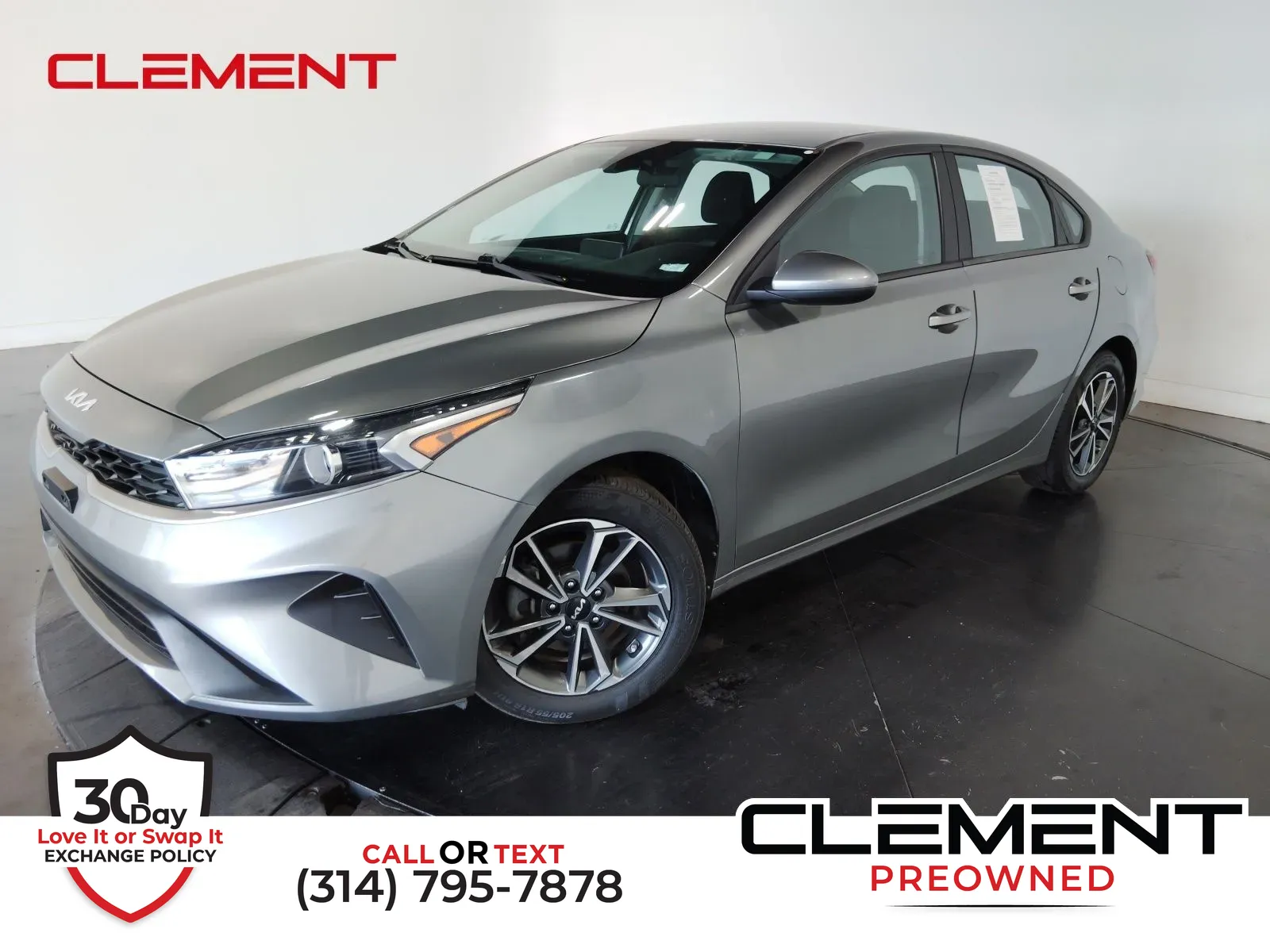Hyundai vs. Kia - are they the same company?
Table of Contents
- Hyundai vs. Kia - are they the same company?
- What is the difference between Hyundai and Kia brands?
- Which is a better vehicle, Kia or Hyundai?
- Vehicle comparison
- Kia Forte vs. Hyundai Elantra
- Kia K5 vs. Hyundai Sonata
- Kia Telluride vs. Hyundai Palisade
- Kia Sportage vs. Hyundai Tucson
- Explore used Kia and Hyundai inventory at Clement Pre-Owned
Hyundai vs. Kia - are they the same company?
South Korean-based corporations Kia and Hyundai are integral members of the larger Hyundai Motor Group family. Keep reading to learn the intricacies of Hyundai vs. Kia, unraveling the connection, and highlighting the disparities between these automotive powerhouses.

Kia and Hyundai share a deep connection, much like siblings. Kia, once an independent entity, filed for bankruptcy in 1997. To rescue the brand, Hyundai Motor Group stepped in and acquired Kia in 1998. While both companies operate independently, Hyundai stands as the parent company of Kia Motors, owning a significant 33.9% stake. Kia holds an indirect stake in Hyundai through shares in Hyundai Steel and the supplier Hyundai Mobis. Kia and Hyundai share a connection, yet they maintain distinct brand philosophies, making them related but not identical.
What is the difference between Hyundai and Kia brands?
- Vehicle Options: Kia offers a diverse array of models, providing a wide selection that spans sedans, minivans, electric vehicles, and hybrid autos. Likewise, Hyundai introduces a variety of options, featuring sedans, hatchbacks, SUVs, electric cars, and hybrids. While some of their models are comparable, Hyundai falls short in offering a minivan like the Kia Sedona, while Kia lacks a sporty hatchback counterpart to the Hyundai Veloster.
- Design: Kia embraces a sporty aesthetic, while Hyundai is recognized for its bold presence and elegant curves.
- Popularity: In the USA, both Kia and Hyundai are well-known car brands. According to Cox Automotive in 2023, Kia had about 5.29% of the market, and Hyundai had about 5.05%. So, both brands are quite popular, but some people might like one more than the other.
- Price: Kia vehicles typically come with a slightly lower price positioning than Hyundai models, although there are exceptions. Overall, comparable base trims and reasonable prices make Kia and Hyundai in a good demand on the US market.
Which is a better vehicle, Kia or Hyundai?
Both Hyundai and Kia offer competitive autos. According to the JD Power 2023 U.S. Vehicle Dependability Study (VDS), Kia has consistently ranked highest among mass-market brands for the third consecutive year. This indicates a strong track record of the brand, suggesting that Kia vehicles have demonstrated reliability over time. Additionally, Kia has proven to have the most fuel-efficient cars.
Regarding technology, both auto brands, Kia and Hyundai, stand out with comparable infotainment and telematics systems. Kia Connect and Hyundai Blue Link ensure a seamless and connected driving experience, providing users with advanced features and connectivity options.
In terms of exterior, the decision between Kia and Hyundai comes down to personal taste. Kia models are known for their sportier designs, appealing to those who prefer a more dynamic look, while Hyundai vehicles boast an aerodynamic shape, catering to individuals who appreciate a sleek and modern aesthetic.
Regarding safety features, both brands prioritize safety, but Kia models, in particular, offer a comprehensive selection of safety features. This emphasis sets Kia ahead.
Vehicle comparison
Kia Forte vs. Hyundai Elantra
The Kia Forte and Hyundai Elantra, both stellar compact cars, are in a tight competition. The Elantra stands out with a variety of configurations, including a high-performance N variant. Though the Forte provides a more affordable price and spacious interior, the Elantra's engaging drive gives it a slight edge.
Winner: Hyundai Elantra

Kia K5 vs. Hyundai Sonata
In the midsize sedan category, the Kia K5 excels with an overall score of 8.3, surpassing the Hyundai Sonata. The K5 boasts a comfortable interior, generous tech features, and solid safety equipment. While the Sonata offers a spacious interior and good fuel economy, the K5's additional standard features make it a compelling choice.
Winner: Kia K5

Kia Telluride vs. Hyundai Palisade
These popular midsize SUVs present a close competition. The Telluride gains a slight edge with standard features like Sofino seat trim and Auto Emergency Braking Technology at a competitive starting price. In terms of price, seat comfort, and cargo space, the Telluride maintains a narrow lead.
Winner: Kia Telluride

Kia Sportage vs. Hyundai Tucson
The Hyundai Tucson outshines the Kia Sportage in the compact SUV category. While both offer hybrid powertrains, the Tucson's higher ranking is attributed to its upscale interior, advanced tech, and generous standard features. The Sportage, with a redesign, delivers a charmingly-appointed interior, but the Tucson's overall package secures its victory.
Tucson was also recognized as one of the best cars of 2024.
Winner: Hyundai Tucson

Explore used Kia and Hyundai inventory at Clement Pre-Owned
Now armed with an answer to a common question—Are Kia and Hyundai the same company?—and a comprehensive understanding of the distinctions between Kia and Hyundai, you can browse Clement Pre-Owned's inventory with confidence. Whether you lean towards Kia's sporty allure or Hyundai's refined aesthetics, our wide selection ensures you find the perfect model.


